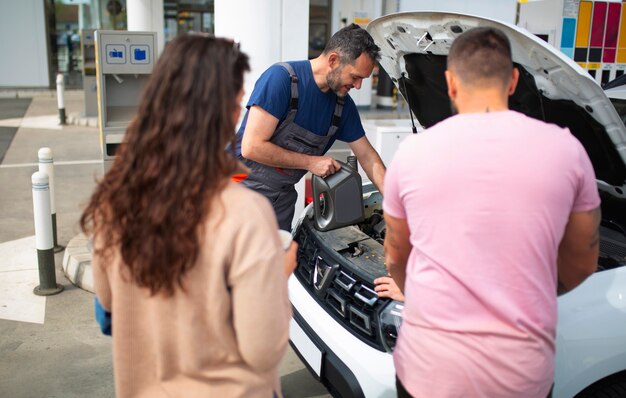Launching a Car Wash Business: Essential Advice for Choosing Automatic and Self-Service Systems

If you’re considering starting a private business that’s driven by consumer demand, owning a car wash might be a lucrative option. There are around eight million vehicles washed daily in the U.S., indicating robust demand. Notably, 90 percent of car wash facilities are independently owned, making it an accessible venture for many.
With the right mix of business acumen and determination, owning a car wash can be profitable. But how do you start? It’s more than just finding a good location and offering excellent service—you need to draw customers away from other car washes too.
A key distinction among car washes lies in the type of equipment they use. Success demands choosing the right automatic and self-service wash equipment. Here are five tips to help you make the best choices.
First, decide on the types of vehicles you’ll service. Will your business focus on consumer vehicles, commercial vehicles, or both? If you’re including commercial vehicles, specify which kinds.
This decision will guide your investment in the right equipment, ensuring you cater to your target market effectively from day one and continue to do so.
Next, consider the human resources needed to operate your equipment. Initially, your focus should be on hiring employees for customer service positions. Beyond that, if your setup doesn’t require workers to hand dry vehicles or offer detailing services, your staffing needs will depend mainly on the equipment you choose.
For expense management, you can start by determining how much manpower you can afford, and then select equipment based on that budget. When calculating labor costs, consider not just wages but also benefits like health insurance and workplace amenities.
To draw in more customers, think about diversifying the types of vehicles you service. For example, you could add automatic bus washing equipment to cater to school buses and public transit buses. However, it may be best to invest in this equipment only after making a profit from your primary market.
If you discover a significant market opportunity for bus washing, especially in large cities, you might include it in your business model from the start. Researching the equipment your competitors use can reveal market gaps and opportunities to capitalize on.
Before choosing equipment, understand all maintenance costs. Some manufacturers offer warranties covering maintenance for a few months, but after that, using the manufacturer for maintenance usually costs more than hiring a qualified third party. Third-party maintenance is generally cheaper than employing your own technicians.
Considering long-term plans, renting equipment instead of buying might be more feasible. The owner would be responsible for maintenance, saving you money on upkeep for complex, automated equipment. Renting also allows you to test different technologies to see which works best for your services, acting like A/B testing for your car wash.